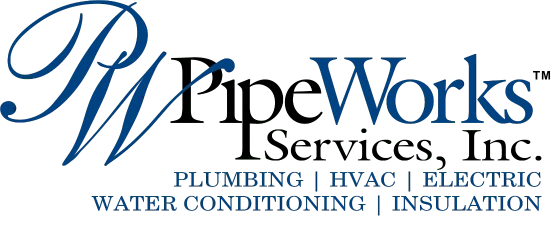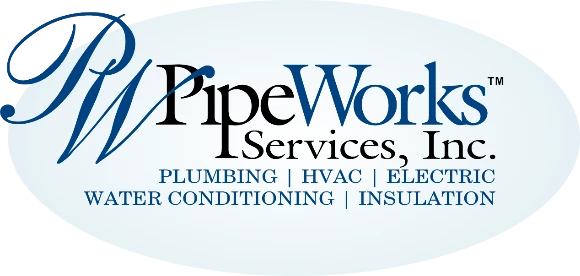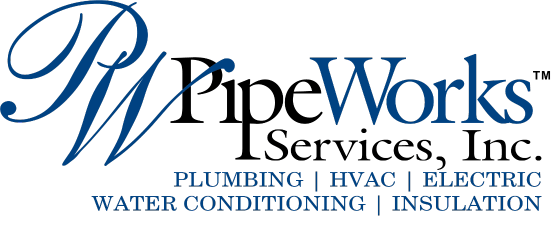Many homeowners today have taken extra precautions to ensure they have a well-ventilated home with good indoor air quality. However, the attached garage is sometimes overlooked in their efforts, and this can become a health hazard if fumes and particulates from the garage can infiltrate into the home.
To ensure that your family and home are as safe as possible from unhealthy garage fumes, here are a few important steps you can take:
Protecting your home from harmful fumes Toxins can seep into your house every time the door into your home is opened, and through cracks, holes, and other places that aren’t well sealed. Car emissions, gas-powered appliances, and pesticides are some of the common pollution sources found in garages. According to the U.S. Environmental Protection Agency, you should not idle your car while it’s in the garage, even if the overhead garage door is open.
Additionally, the following tips are recommended for helping to protect the indoor air quality of your home:
Ensure the common wall between an attached garage and your home is well sealed. This includes sealing around the connecting door, the garage ceiling, and locations with wiring, plumbing, or ducts between the garage and indoors. If you have a newer home, don’t install any mechanical systems (water heaters, etc) inside the garage. Consider having an exhaust fan installed to help ventilate your garage, particularly if you live in an older home. You can choose an energy-efficient exhaust fan to keep your utility bills at a minimum. The fan will expel unhealthy garage fumes, and make sure that the air pressure in your attached garage is lower than inside the house so that the air movement goes from inside to outside rather than vice versa.
At Pipe Works Services, we have been proud to serve northern New Jersey communities since 1988. For more trustworthy tips on how to keep unhealthy garage fumes out of your home, please contact us anytime. Our goal is to help educate our customers in Chatham, NJ, and surrounding areas about energy and home comfort issues (specific to HVAC systems).




